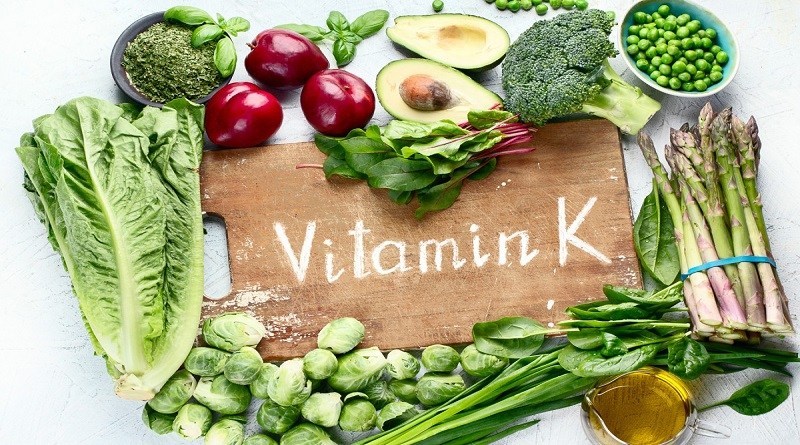A bad break up: vitamins and medication don’t always work well together

There are some medications that are prescribed to us, and we don’t think or aren’t told of all the conflicting remedies that can cause a negative effect when taking prescriptions. Specifically we are focusing on Vitamin K and the drug Coumadin (also known as Warfarin).
What is it?
Vitamin K is a natural occurring vitamin, produced by bacteria in your intestines. It is an essential nutrient necessary to responding to injuries by regulating normal blood clotting.
Coumadin ( generic name Warfarin) is medication used to prevent further blood clots from reoccurring. It is also known as a blood thinner.
Their relationship:
According to an article written in stoptheclot.org, Coumadin works by interfering with how your body uses vitamin K.
The metabolism of Coumadin takes place in your liver.
Coumadin prevents the production of vitamin K dependent clotting factors. As a result, clotting occurs at a much slower rate.
It’s very important to maintain a balance between the two.
What you need to know:
Changes in the amount of vitamin K in the diet can alter the metabolism of Coumadin
You should aim to keep the amount of vitamin K in your diet consistent. For example, if you normally eat two servings per day of food that is high in vitamin K content, you should continue this pattern every day.
If you do not normally eat foods that are high in vitamin K, do not suddenly eat a large amount of them. There are certain things about vitamin K that you cannot control. For instance, some medications and illnesses (intestinal diseases and/or infections) can lower the amount of vitamin K in your body or change how your liver metabolizes your Coumadin.
What should you tell your healthcare provider?
Any time your vitamin K intake changes, it is important to notify your anticoagulation healthcare provider. Some of the circumstances that may apply include if you:
- Start taking a multiple vitamin or other vitamin supplement that contains vitamin K.
- Use a nutritional supplement such as Boost ®, Ensure ®, Glucerna ® or SlimFast ® – shakes or nutritional bars.
- Increase or decrease the amount of leafy green vegetables you are eating (refer to the USDA website at http://www.nal.usda.gov/fnic/foodcomp/Data/Other/pt104.pdf)
- Start or stop drinking V8 ® juice.
- Develop an illness, including a respiratory infection or gastrointestinal flu that changes how well you are eating. Have lifestyle changes or emotional stress such as illness, the death of a family member, travel, or even seemingly simple things like moving or remodeling your home
* Also note that Vitamin K can affect your INR (international normalized ratio test, it is a standardized way to measure how your blood is clotting). Be sure to ask your healthcare provider about your INR if your intake of vitamin K changes.
Conclusion:
You do not have to avoid foods or other products that are high in vitamin K; these foods have many other vitamins and minerals that are part of a healthy diet. The most important thing to remember about vitamin K intake is being consistent as much as possible and communicating any changes that may occur to your anticoagulation healthcare provider.
Helpful knowledge:
Food that have the highest sources of Vitamin K:
- Chives, Kale, Spinach, Broccoli, Chard, Dandelion and Beet greens.
- Watercress, Romaine, Red & Green and Iceberg Lettuces.
- Celery, Cucumber, Cabbage, Cauliflower, Okra, Asparagus, Pickles and Soybeans.
- Chili and Curry Powder, Paprika and Cayenne Peppers.
- Canola, Sesame and Olive Oils.
- Fruits: Blueberries, Pears, Peaches, Figs and Currants.
Link to full article: http://www.stoptheclot.org/news/article141.htm